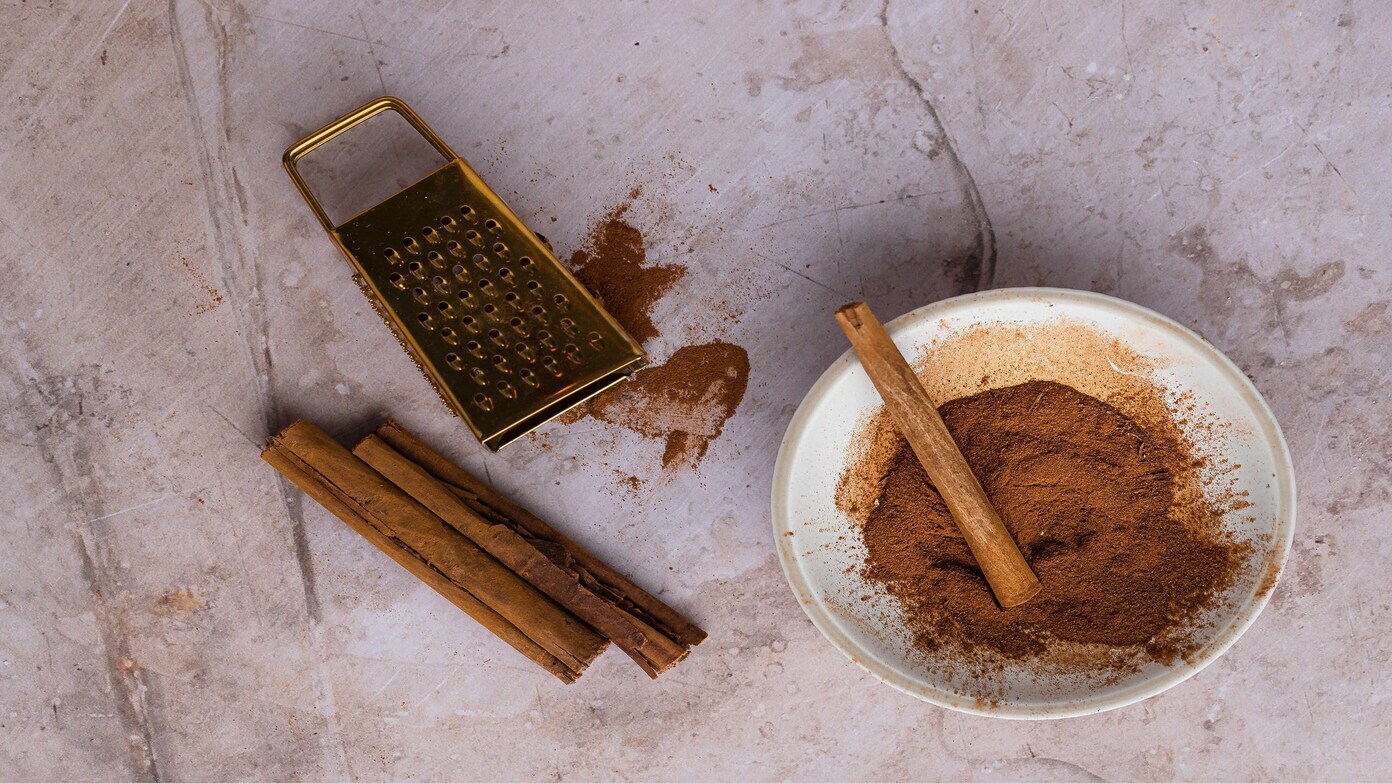A kitchen staple under the microscope
Cinnamon is a common ingredient found in almost every home. For dusting oatmeal or cookies, it’s one of those spices shoppers reach for instinctively. But shoppers are now being cautioned by the Food and Drug Administration (FDA) to examine more closely what sits on the spice shelf.
The FDA expanded its recall of ground cinnamon after lab tests detected large amounts of lead in several brands. Recent recalls have left consumers anxious about food safety and whether their favorite cinnamon brands are safe to consume.
Brands that have been affected by the recall
There seems to be no finish to the recalled products. Some of the brands are names that you may see in local stores and even name-brand discount stores. Some of the ones mentioned are:
- Jiva Organics organic cinnamon powder, which was sold at Taj Supermarket (best-by date: July 2025)
- Super Brand dried cinnamon powder, which was sold at Little Rock, Arkansas’s Asian Supermarket
- Asli cinnamon powder, packaged at A&Y Global Market in Columbia, Missouri
- El Chilar ground cinnamon, packaged at El Torito Market
- Marcum ground cinnamon, packaged at Save-A-Lot with December 5, 2025, best-by date
- SWAD cinnamon powder, packaged at Patel Brothers (best-by date: October 2026)
- Supreme Tradition ground cinnamon, packaged at Dollar Tree (best-by date: October 6, 2025)
- Compania Indillor Orientale (CIO) ground cinnamon, packaged at Eurogrocery
- ALB Flavor cinnamon powder, sold at Eurogrocery (best-by date: August 3, 2025)
- Shahzada cinnamon, sold in New York
- Spice Class ground cinnamon, sold in New York (best-by date: December 2026)
- La Frontera canela molida, sold in New York
Although some of these packets are beyond their date, the FDA asks individuals to take a look at their shelves. Spices have a long shelf life and will remain on shelves much longer than their “best-by” date.
Why lead in spices is dangerous
Lead poisoning is no laughing matter. Although the body can cope with tiny amounts, large amounts over a long time will accumulate and prove to be poisonous.
In children, the effects are especially serious. Lead will permanently damage their developing nervous systems, causing learning disabilities, behavioral issues, and developmental delays. In adults, prolonged exposure will result in kidney disease, memory loss and cognitive impairment, and even death from high blood pressure.
This is why the FDA is acting so quickly—because while no one has yet become ill from the recalled cinnamon, the potential harm is too great to wait.
How did this occur?
Spices may be contaminated by heavy metals like lead during growth, drying, or packaging. It may be because of contaminated soil, old equipment used in processing, or a lack of strict regulation in plants where they are processed.
No matter the reason, on the supply side, it’s essentially invisible to customers other than through testing. That’s why recalls are one of the only safeguards on offer to assist shoppers once contamination has been discovered.
What you should do now
If you have already bought any of the cinnamon products that are recalled, don’t eat them. The best you can do is throw them away or take them back to the store where you purchased them.
Consumers who are interested in finding out more can contact the FDA’s Consumer Complaint Coordinator in their area. It is also definitely worth tracking FDA recall announcements, because the number of products involved can grow as additional testing is performed.
A reminder to everyone
This recall is unsettling because cinnamon is just such a home spice staple. But it’s also a reminder of how important it is to listen to food safety alerts. Even small things like spices can be harmful when contaminated.
In the meantime, consumers must remain vigilant, inspect their pantries closely, and recall that even though cinnamon is sweet and pleasant, safety always comes first.
Read now:
COLA forecast may push 2026 average Social Security check to $2,062

